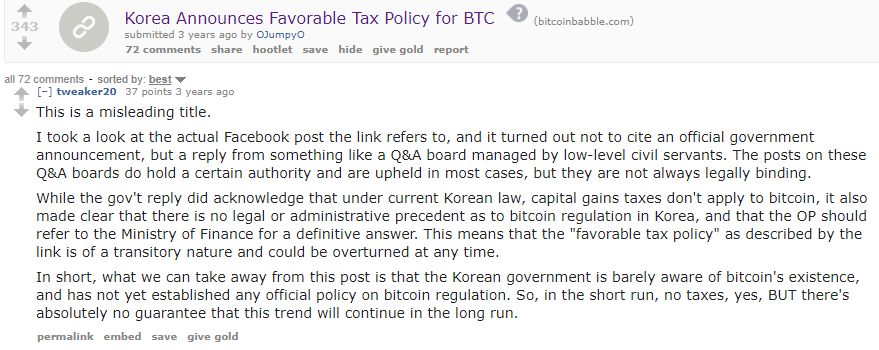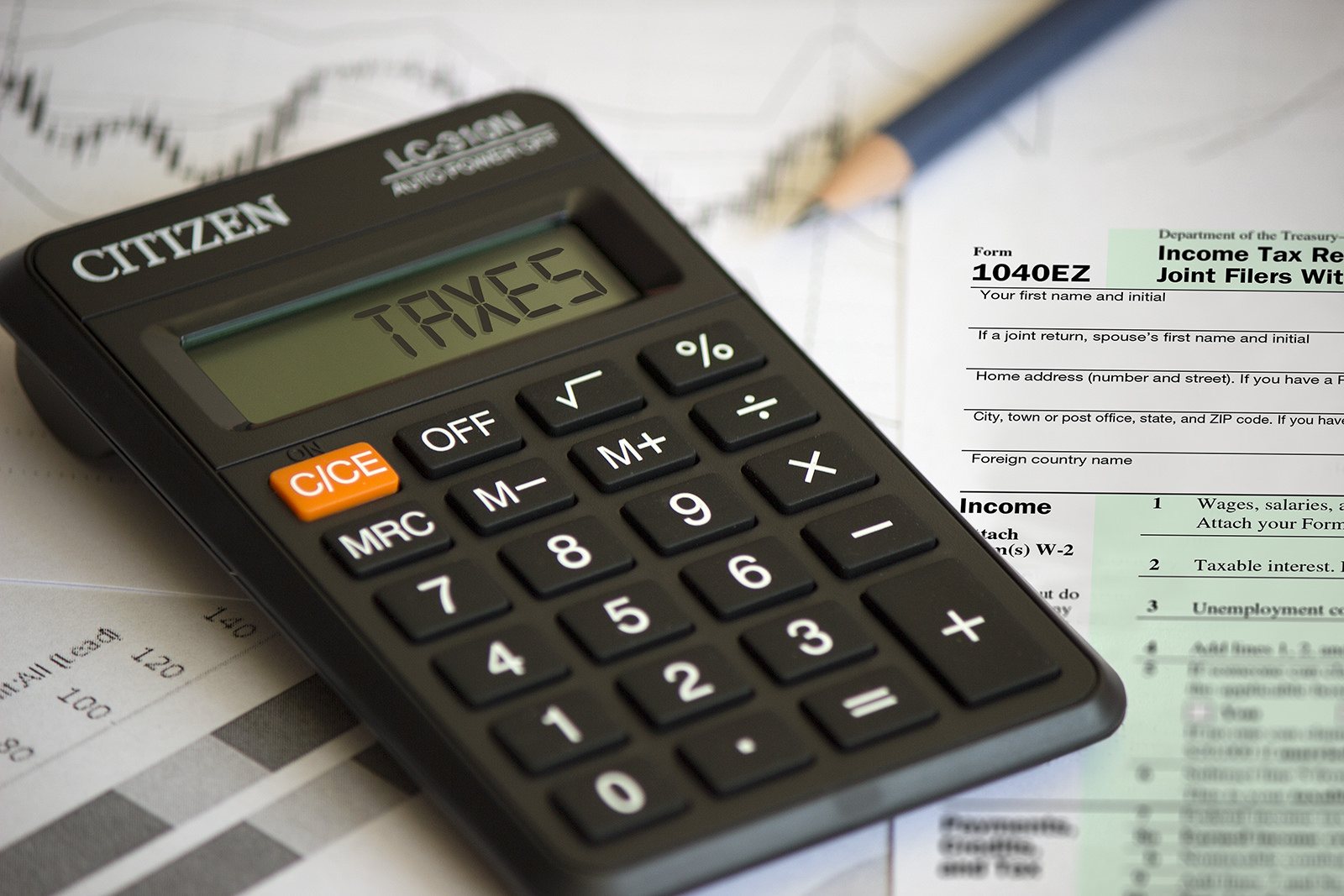If you call a country home, you have to be prepared to pay up. South Korea is reminding its citizens of this very fact. The East Asian country is the latest government to debate imposing a cryptocurrency taxation. As the world’s second largest cryptocurrency trader, a Bitcoin tax announcement is not local traders would like to hear.
Governmental involvement
Cryptocurrency is making waves around the planet, not least of all for the fact that a lot of money is parting hands over which governments around the world have no control.
And public departments in many countries are making their voice heard. Russia has just announced a state-issued cryptoruble. China, after an Initial Coin Offerings (ICOs) and cryptocurrency exchange ban, is in the process of developing a cryptocurrency of their own. Now, South Korea supplements news of its ICO ban with speculation that the country is planning on implementing a taxation scheme on cryptocurrencies.
South Korea’s bitcoin history
The South Korean government has not always been unfriendly towards cryptocurrencies. While opposing crypto in the past, in December 2013 the Bank of Korea released a statement that it would decide how best to open up virtual currencies to the public.
This came after a government official made what was seen as an official announcement on a Korean Bitcoin community page on Facebook. The comment was quickly misconstrued as an official stance, and a Reddit thread set to rectify the misunderstanding.

In the same year, a French bakery based in Incheon City became the country’s first physical storefront to offer bitcoin as a payment channel.
Changing direction
Lately, South Korea has been actively involved in the cryptocurrency market, albeit from a regulatory perspective only.
First, in August 2017 a lawmaker proposed an amendment to the Electronic Financial Transactions Act. According to the suggested addition, virtual currency exchanges would be subject to operational approval by financial authorities.
In September, we reported on the country’s move to ban ICOs. This brazen act followed hot on the heels of imposing stricter control over ICOs. This included an announcement by the Ministry of Science and ICT that it would carry out on-site inspections at exchanges across the country to ensure compliance with the Act on the Promotion of Information and Communication Network Utilization and Information Protection.
South Korea deliberates taxation
This month, the National Tax Service commissioner Han Seung-hee proclaimed that his office is monitoring cryptocurrency transactions and joining the Ministry of Strategy and Finance in discussions over the issue of the role of cryptocurrency in VAT and capital gains tax. The commissioner added that they are investigating the use of bitcoin as a possible means of gift tax evasion.
“I am still taxing business income, and I am discussing whether to tax the value-added tax or capital gains tax with regard to virtual currencies such as bitcoin.”
The commissioner cited examples by the US and Japan treating cryptocurrencies as assets. He continued:
“We have to be proactive like the United States and Japan.”
If this move is executed, it will fly in the face of John McAfee’s assurance that Bitcoin is exempt from government interference or controlled legislation. According to McAfee, creator of McAfee software who heads up MGT Capital Investments:
“Our income taxes are the greatest source of revenue, but if everybody’s using Bitcoin, the government doesn’t know what your income is. They can’t tax it, and if you choose to say I didn’t have anything, they cannot prove otherwise.
It will eventually frighten every nation state, but it doesn’t matter what they do, there’s no way you can create a law or to legislate something that will stop Bitcoin or any cryptocurrency because technically, you cannot.”
Korea, it seems, has other plans.
Featured image courtesy of www.efile.com

